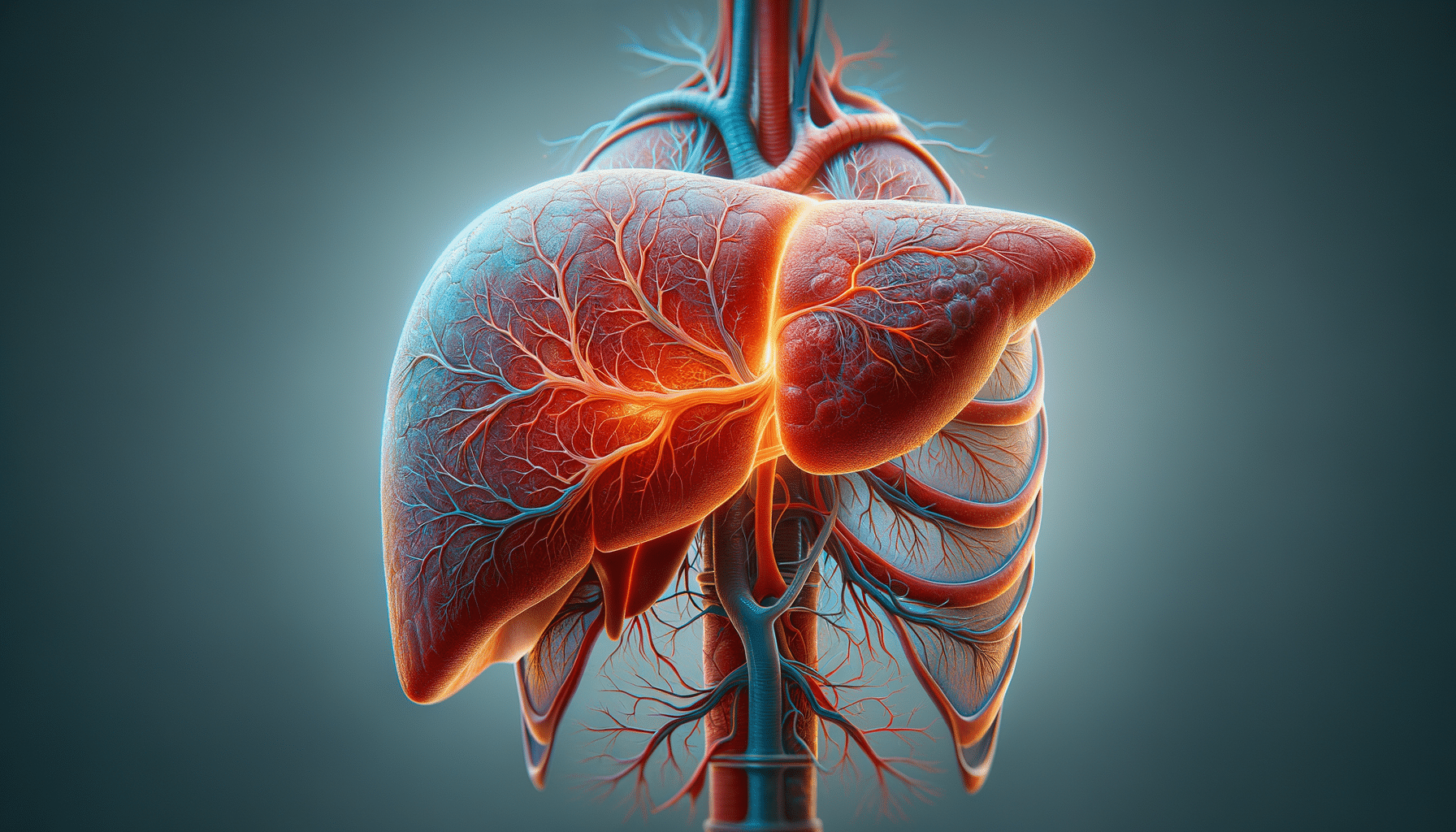
How the First Signs of Liver Damage Often Go Overlooked
Introduction: The Silent Progression of Liver Damage
The liver is a vital organ that performs numerous functions essential for maintaining overall health. However, the early signs of liver damage often go unnoticed, leading to more severe health issues down the line. Understanding these initial indicators can be crucial for early intervention and prevention. This article aims to shed light on how the first signs of liver damage are frequently overlooked and why awareness is key.
Understanding the Liver’s Role and Vulnerability
The liver is responsible for detoxifying the blood, producing essential proteins, and aiding in digestion. Despite its resilience, the liver is susceptible to damage from various factors such as excessive alcohol consumption, obesity, and viral infections. The liver’s ability to regenerate can sometimes mask the early signs of damage, allowing conditions to progress unnoticed.
Common causes of liver damage include:
- Alcohol abuse
- Chronic hepatitis infections
- Non-alcoholic fatty liver disease (NAFLD)
- Medications and toxic substances
Each of these factors can lead to inflammation, scarring, and ultimately liver failure if not addressed in time. The liver’s silent suffering often results in symptoms that are easily attributed to less severe conditions, making early detection challenging.
Early Signs of Liver Damage: What to Look For
Recognizing the early signs of liver damage can be difficult, as they are often subtle and nonspecific. Common early symptoms include fatigue, nausea, and abdominal discomfort. These symptoms might be dismissed as minor ailments, but they can indicate underlying liver issues.
Other early signs to watch for are:
- Jaundice, or yellowing of the skin and eyes
- Dark urine and pale stool
- Swelling in the legs and ankles
- Unexplained weight loss
These symptoms are not exclusive to liver damage and can be mistaken for other health problems, which is why they often go overlooked. Regular health check-ups and liver function tests are crucial for those at risk to catch these signs early.
The Importance of Early Detection and Lifestyle Changes
Detecting liver damage early can significantly improve treatment outcomes and prevent further complications. Lifestyle changes play a critical role in managing and reversing early liver damage. Reducing alcohol intake, maintaining a healthy weight, and following a balanced diet can alleviate stress on the liver and promote healing.
Incorporating the following habits can support liver health:
- Eating a diet rich in fruits, vegetables, and whole grains
- Exercising regularly to maintain a healthy weight
- Staying hydrated and avoiding excessive alcohol
- Getting vaccinated against hepatitis A and B
These proactive measures can help mitigate the risk factors associated with liver damage and contribute to overall well-being.
Conclusion: Raising Awareness and Taking Action
Liver damage is a serious health concern that often progresses unnoticed due to its subtle early signs. By understanding the liver’s functions, recognizing early symptoms, and making informed lifestyle choices, individuals can take proactive steps to protect their liver health. Regular medical check-ups and liver function tests are essential for those at risk, ensuring early detection and intervention.
Raising awareness about the early signs of liver damage can empower individuals to seek timely medical advice and make necessary changes to their lifestyle, ultimately preventing severe health outcomes and enhancing quality of life.


